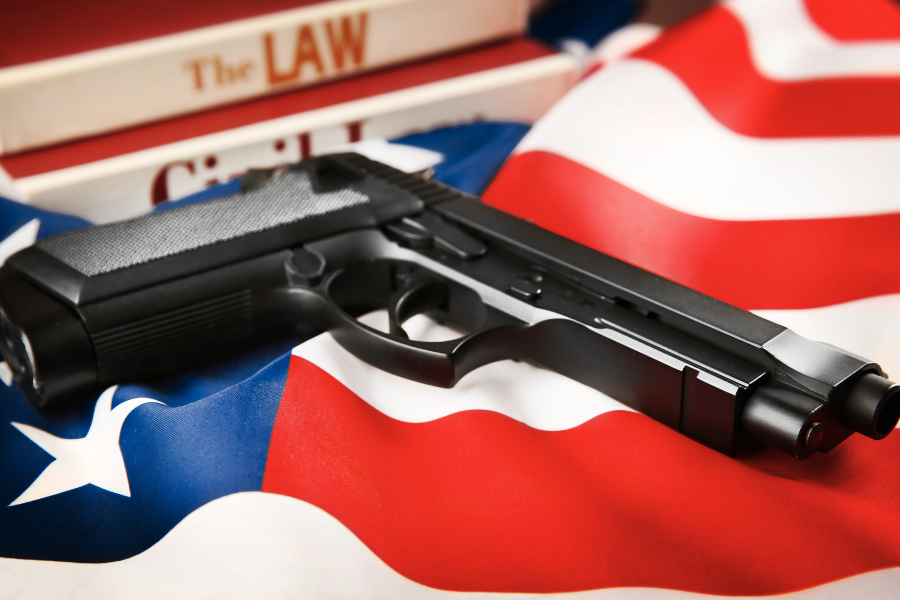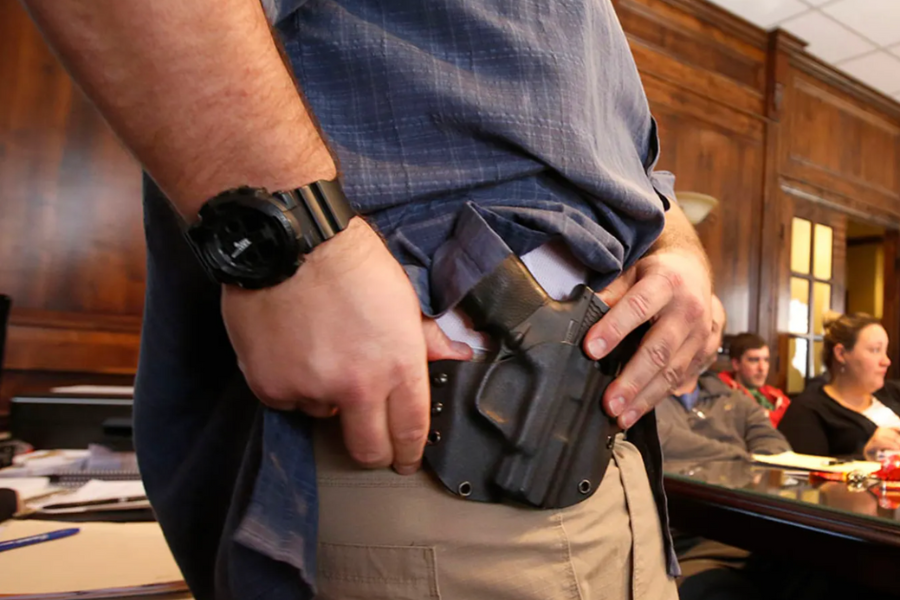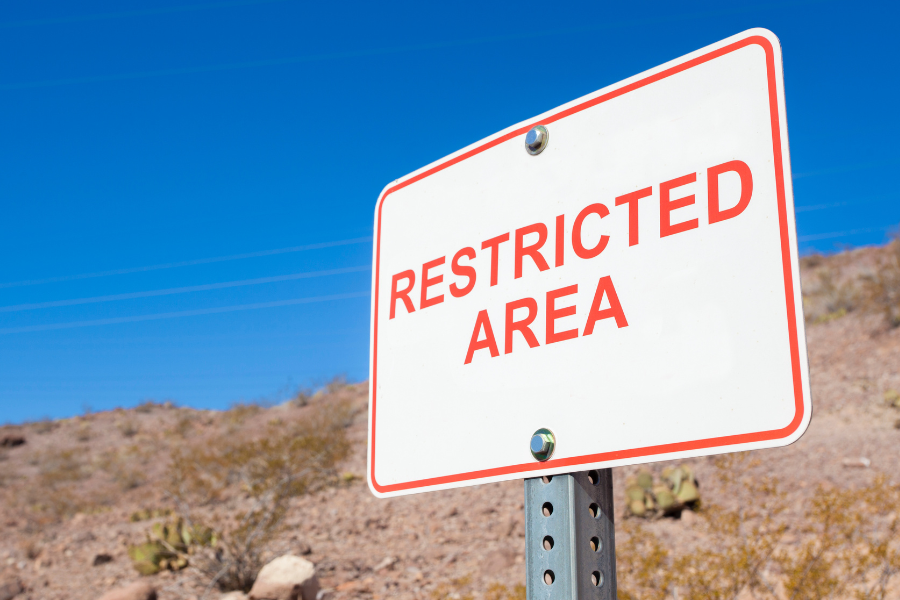County-Level Guide: Applying for a North Carolina CHP in Wake County, NC
In North Carolina, concealed handgun permits (CHP) are not issued by a centralized state office. Instead, they are handled at the county level—making your local sheriff’s department the key authority in your application process. For residents of Wake County, this means applying directly through the Wake County Sheriff’s Office. Whether you’re new to firearms …
County-Level Guide: Applying for a North Carolina CHP in Wake County, NC Read More »








